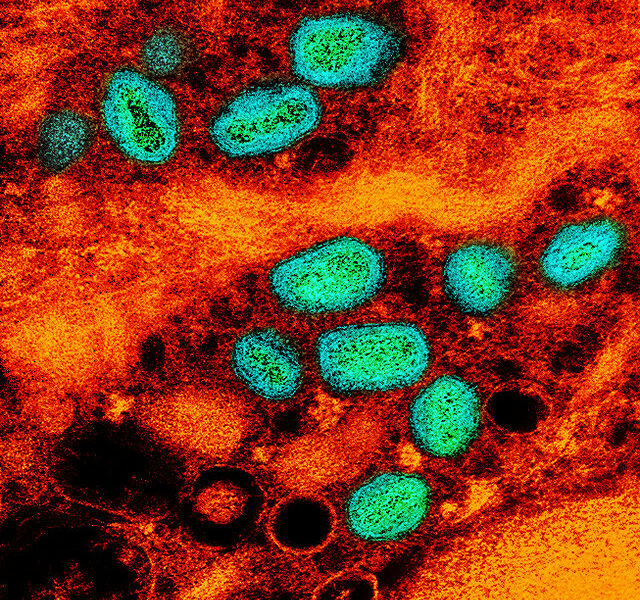According to the WHO Eastern Mediterranean Regional Office, wild poliovirus has been detected from two Cairo sewage samples. The strain detected is related to poliovirus type 1, originally found in Pakistan’s Sindh province in September 2012.
As a result, emergency response efforts are being enacted by local health officials, the WHO and UNICEF. Immediate vaccination is occurring in areas in which the virus was detected. No cases have been found as of yet. The response effort aims to reach 3 million children with polio immunizations but dates for the immunization campaign have not yet been finalized.
Meanwhile, in Pakistan, The Express Tribune reports that the Prime Minister’s Polio Monitoring and Coordination Cell has called for the immediate establishment of polio vaccination counters inside international departure lounges at all airports across the country.
There is regular surveillance of 34 sewage sites in Egypt. The last case of polio in Egypt was detected in 2004, in the Assiut Governorate. Since then, wild poliovirus has been detected in environmental samples in 2005, 2008, and 2010.
Poliomyelitis is an extremely infectious viral disease, which mainly affects children under five years of age. Infection can be severe; according to the WHO, one in 200 infections leads to irreversible paralysis. In some instances, the breathing muscles can become paralyzed causing death.
While there is no cure for polio, it can be prevented with a vaccine. There are two forms of polio vaccine: the inactivated polio vaccine (IPV), which is available through injection, and the oral polio vaccine (OPV), which is available in drops. In the United States, children receive four doses of IPV (at two months, four months, between six and eighteen months, and a booster dose between four and six years of age). Polio has been eliminated from the United States, but it still exists in other parts of the world.
Polio remains endemic in three countries: Afghanistan, Nigeria and Pakistan.
Earlier this month, deans from some of the nation’s top public health schools addressed a letter to President Obama, condemning the Central Intelligence Agency for damaging the fight against polio. As reported by The Guardian in July 2011, the CIA, with assistance form Pakistani officials, held a fake vaccination program for hepatitis B in the town where Osama Bin Laden was believed to be hiding. The purpose of this fake campaign was to obtain DNA information from suspected Bin Laden family members.
As some have argued in the past, poor vaccine coverage and failed vaccination campaigns affect the world wide. This particular ruse has resulted in mounting distrust, violence and increased risk of polio spread. Nine polio workers were killed in Pakistan in December 2012 and, though Pakistan will not halt its polio eradication campaign, the United Nations has withdrawn its participation in the campaign thus causing a setback.

